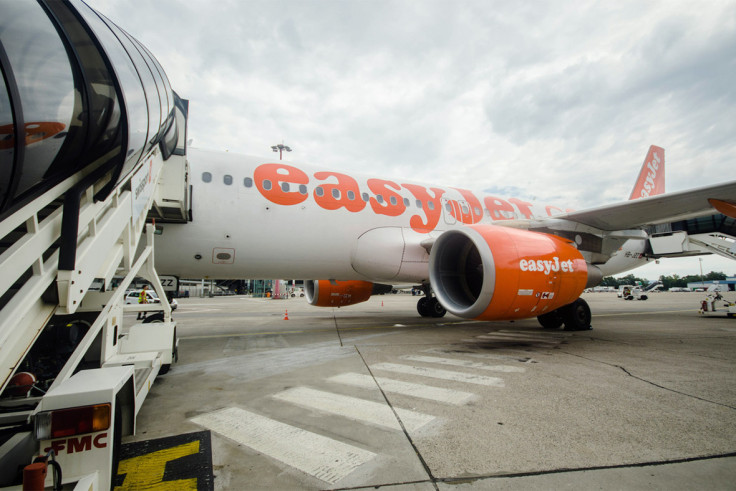easyJet blames wider first half loss on weak pound and Easter
Budget airline remains on track to secure its future operations within the European Union by this summer.

EasyJet reported a widened loss in the first half of its financial year, which it blamed on currency headwinds, the timing of Easter and an overall increase in market capacity.
In the six months to 31 March , the FTSE 100-listed company posted a £236m total loss before tax, sharply higher than the £18m loss it recorded in the corresponding period last year. The budget airline said unfavourable currency movements resulted in an impact worth £82m, while the timing of Easter, which was moved into the second half of the company's financial year, cost the carrier £45m.
The timing of Easter also had a negative impact on revenue per seat, which declined 4.9%, and 9.7% on a constant currency basis, to £48.80. The drop, however, was in line with guidance and did not prevent total revenue from increasing 3.2% year-on-year to £1.83bn.
The pound's ongoing weakness saw cost per seat increase by 4.9% to £54.45, although the cost decreased 4.1% on a constant currency basis. The airline, however, added it expects a further 1% increase in cost per seat in the second half of the year.
On the traffic front, easyJet carried a company record-high of 33.8 million passengers in the first six months of the financial year, up 9.0% year-on-year. The load factor – a crucial gauge in the aviation industry, which determines the amount of seats filled on a plane –also climbed to a record level, rising to 90.2% from 89.7%.
The carrier, which has agreed to purchase 30 A321 NEO aircraft under its existing agreement with Airbus, added capacity increased by 8.4%, and forwards booking are ahead of last year; at 77% for the third quarter and 55% for the half year.
In January, easyJet confirmed it was making plans to establish an Air Operator Certificate (AOC) in another EU member state, in a bid to "secure the flying rights of the 30% of our network that remains wholly within and between EU states, excluding the UK".
On Tuesday (16 May), the carrier said it remained on track to confirm possession of an AOC by the summer and therefore secure its future operations within the European Union.
Group chief executive Carolyn McCall described the airline's performance as resilient, adding demand to fly remained strong and reflected growing evidence that consumers are prioritising expenditure on flights and holidays above other non-essential items.
"Looking ahead, we are seeing an improving revenue per seat trend as well as the continued reduction of competitor capacity growth," she said.
"Cost performance for the full year will continue to be strong. As a result our expectations for the full year are in line with current consensus market expectations."
© Copyright IBTimes 2024. All rights reserved.






